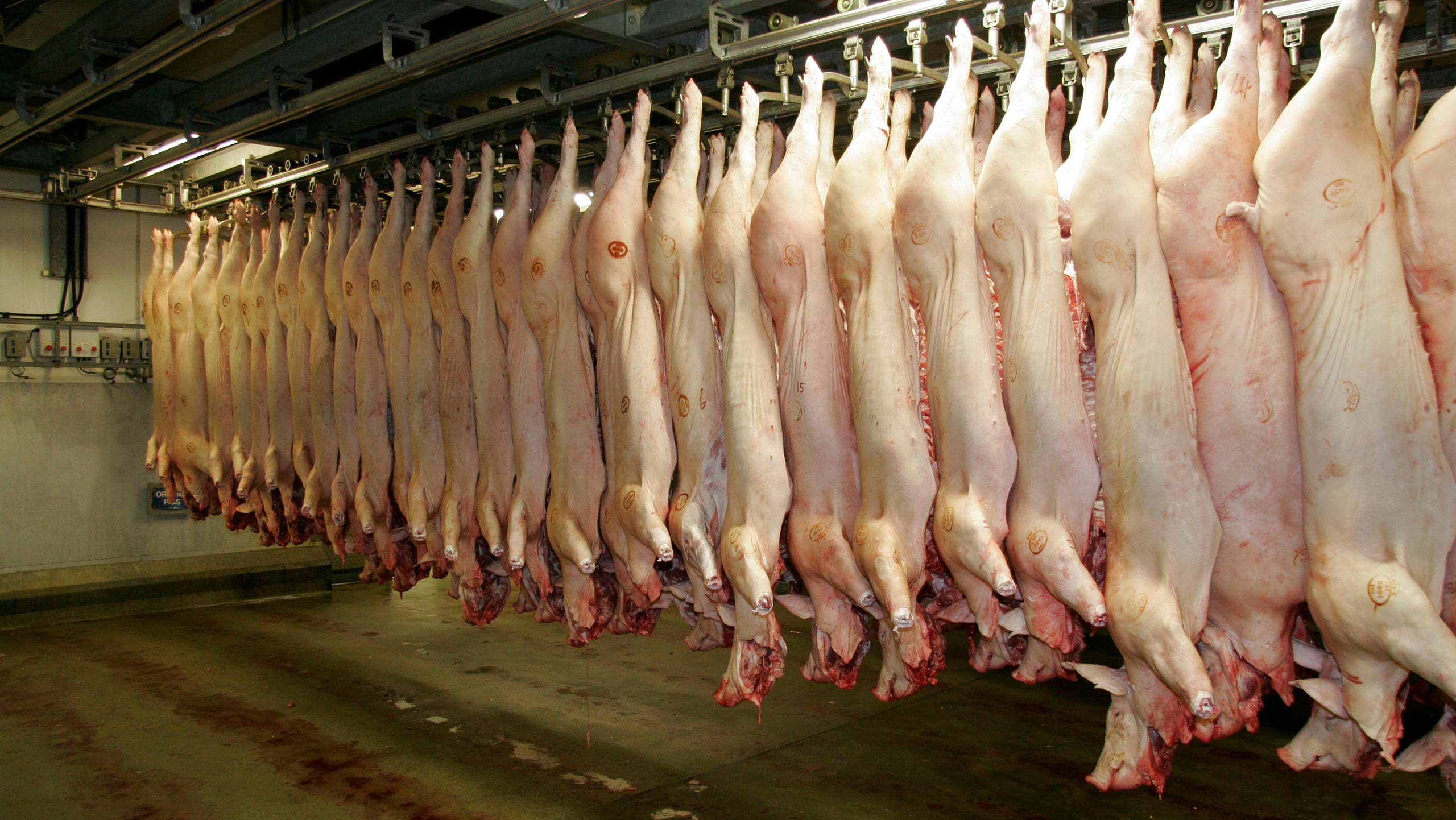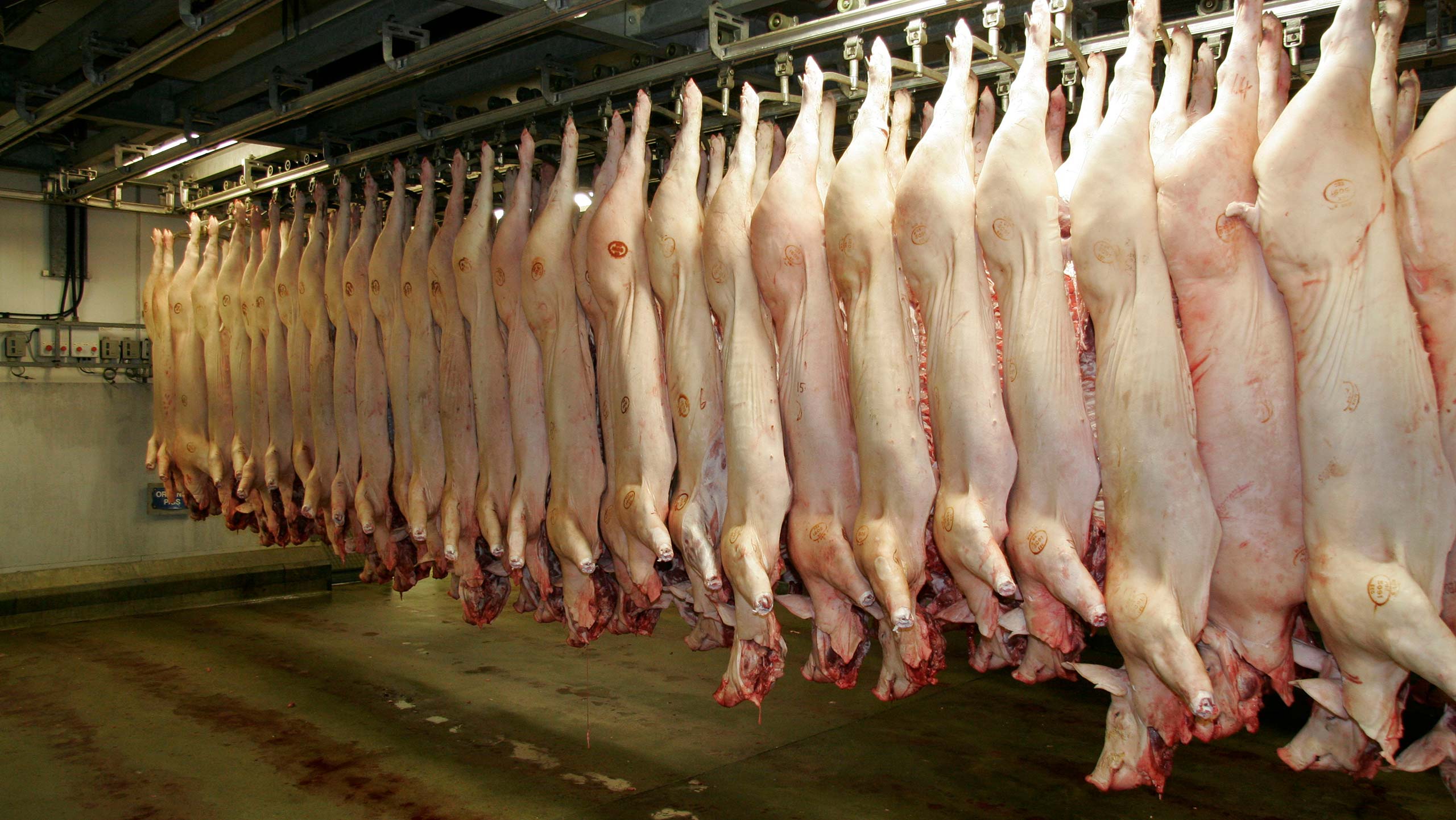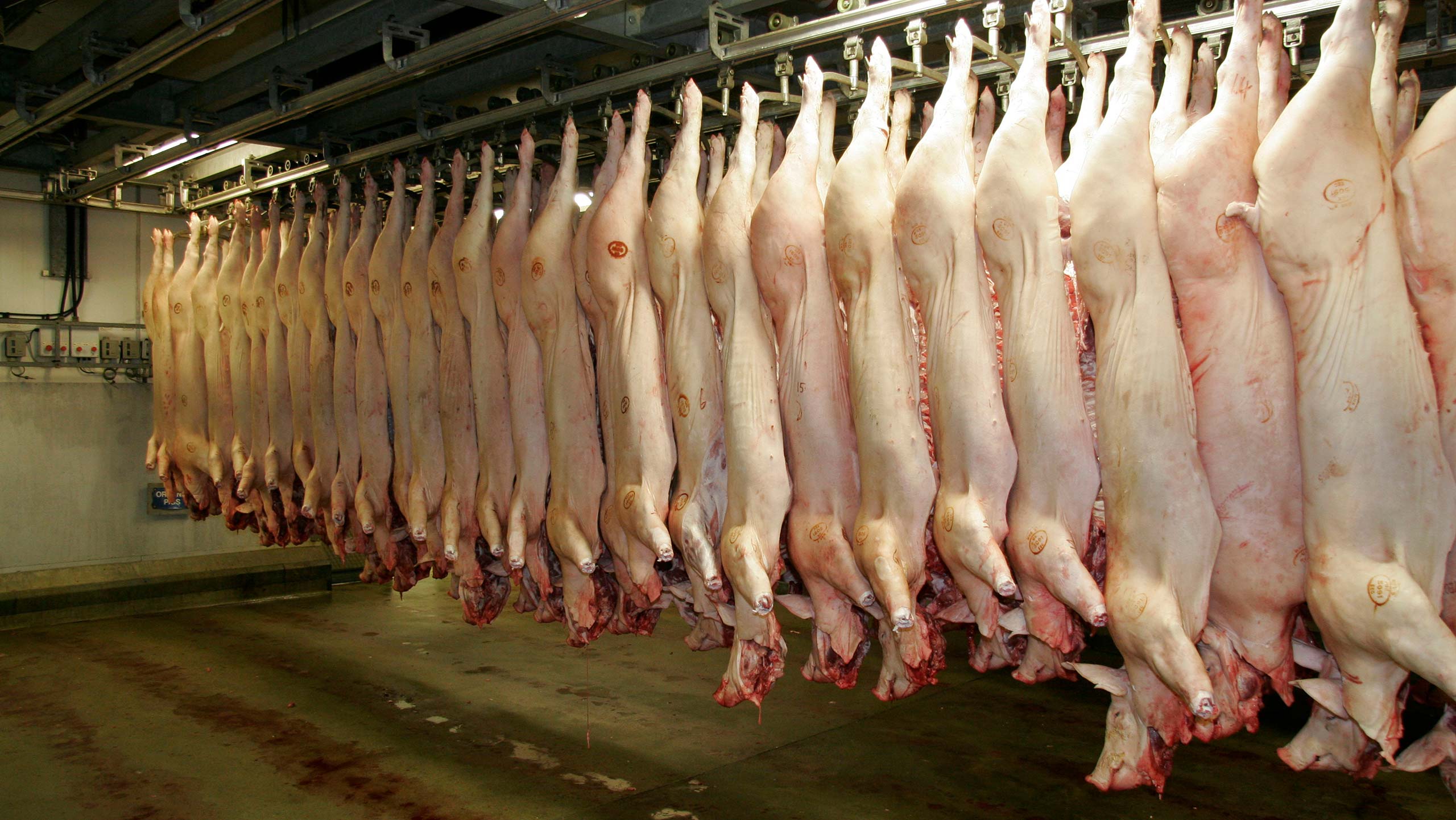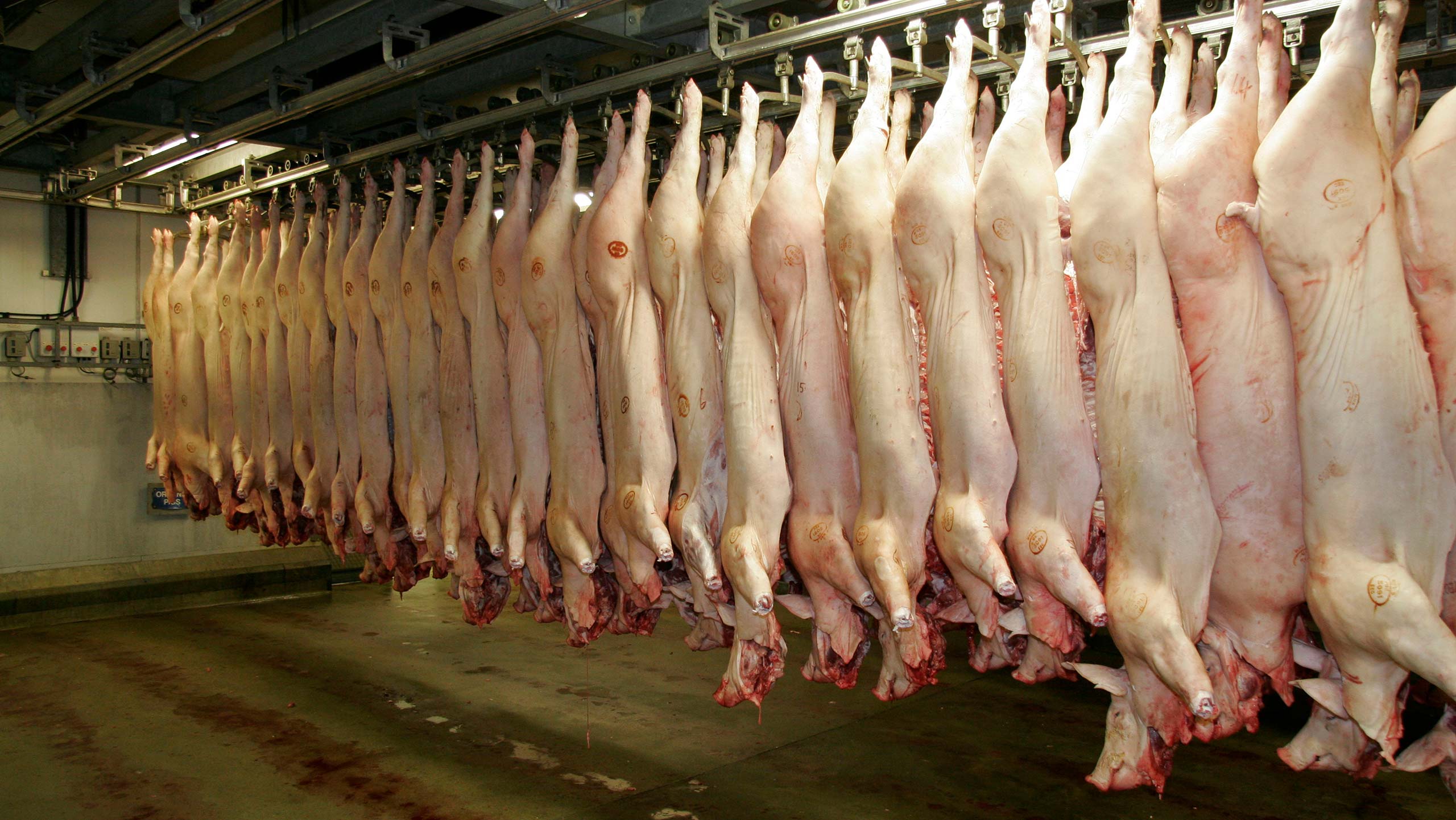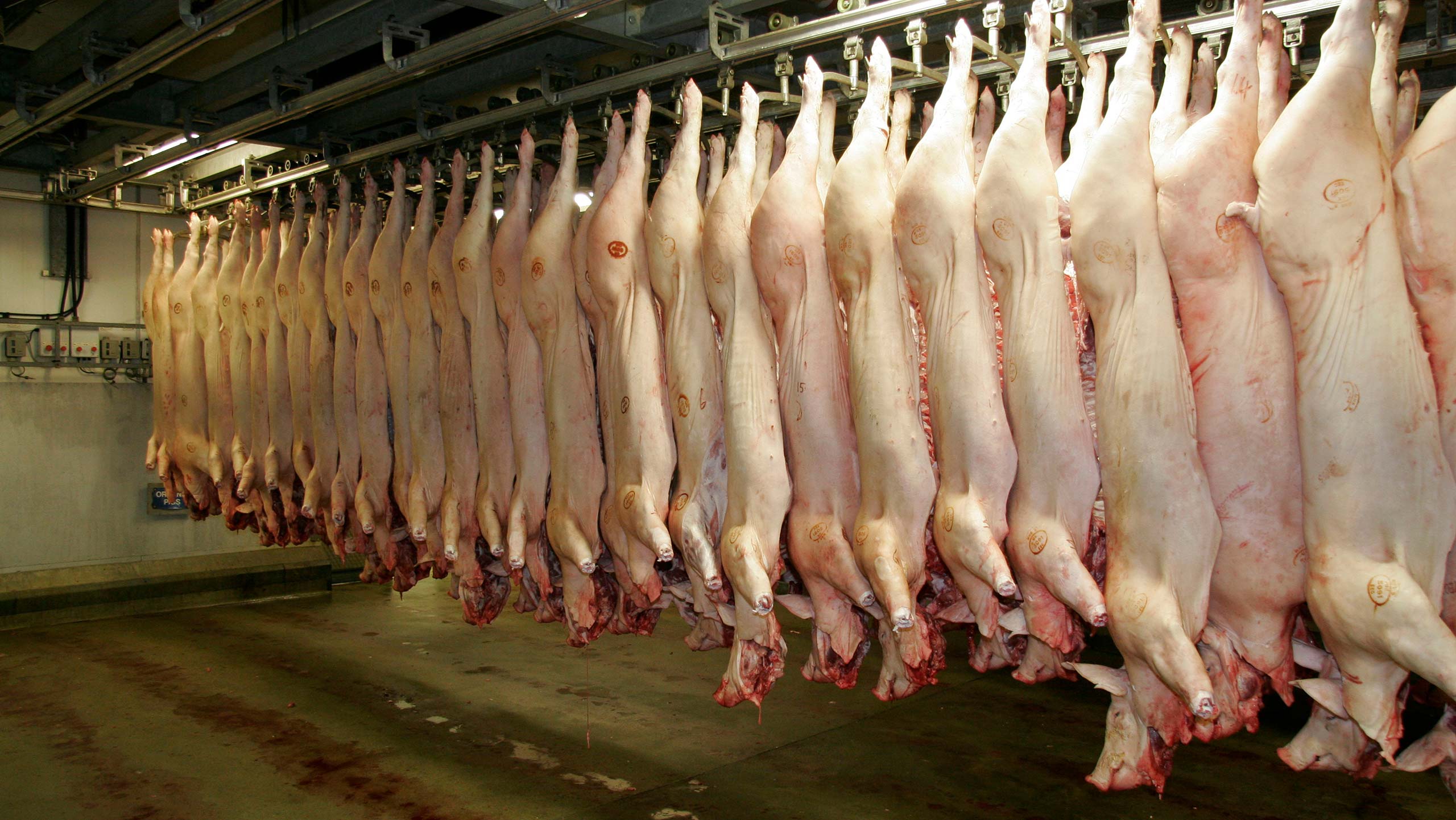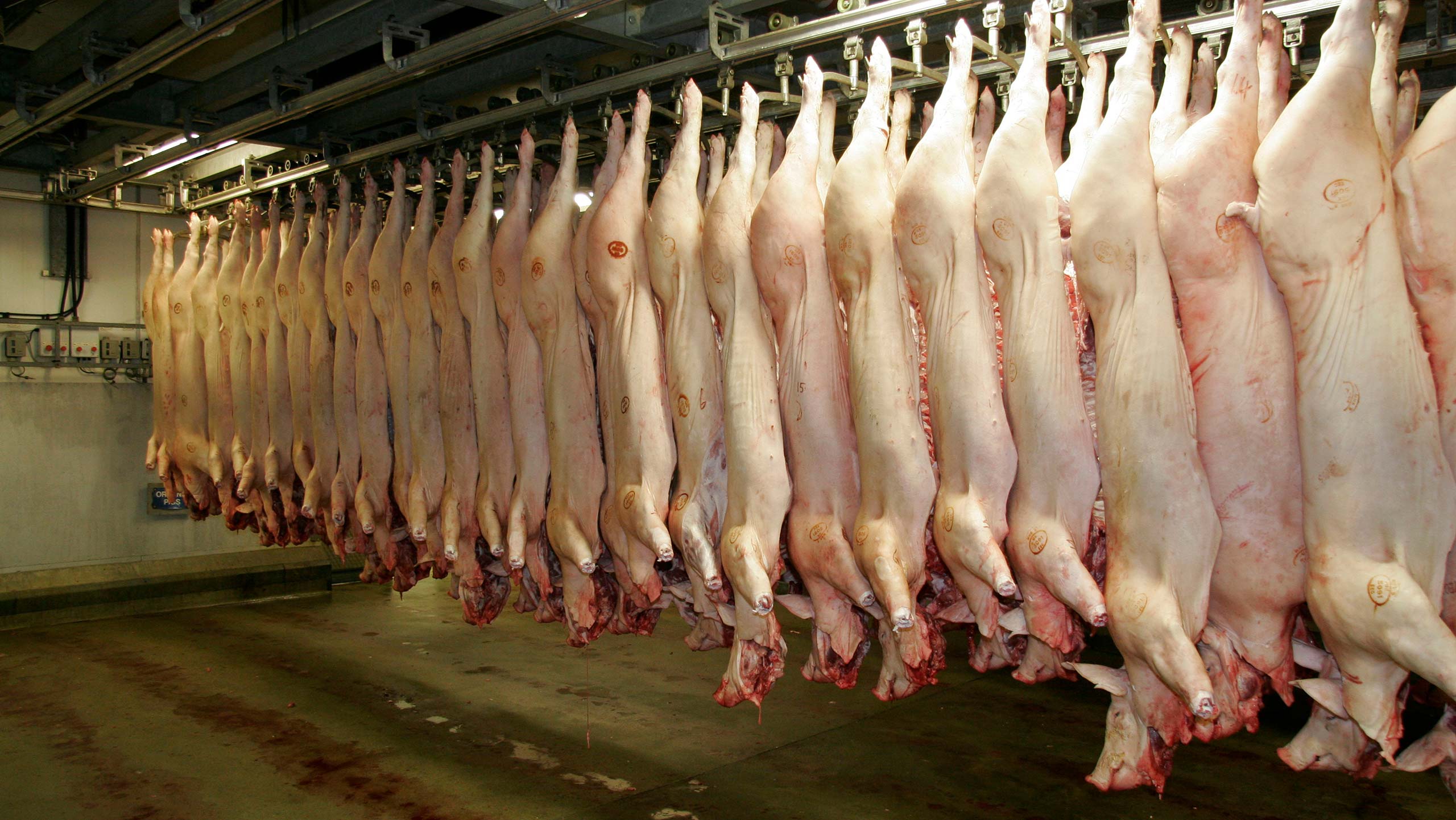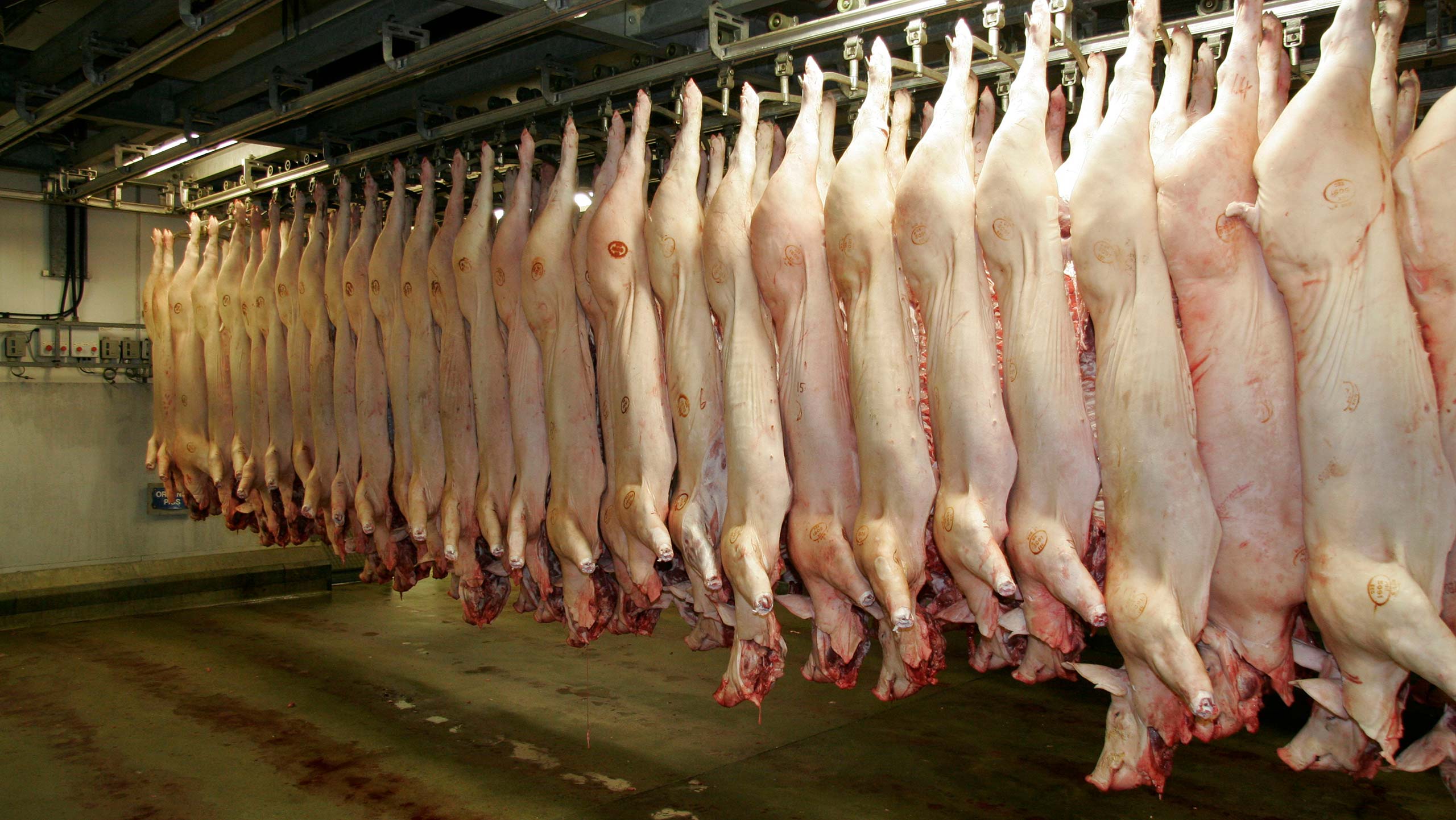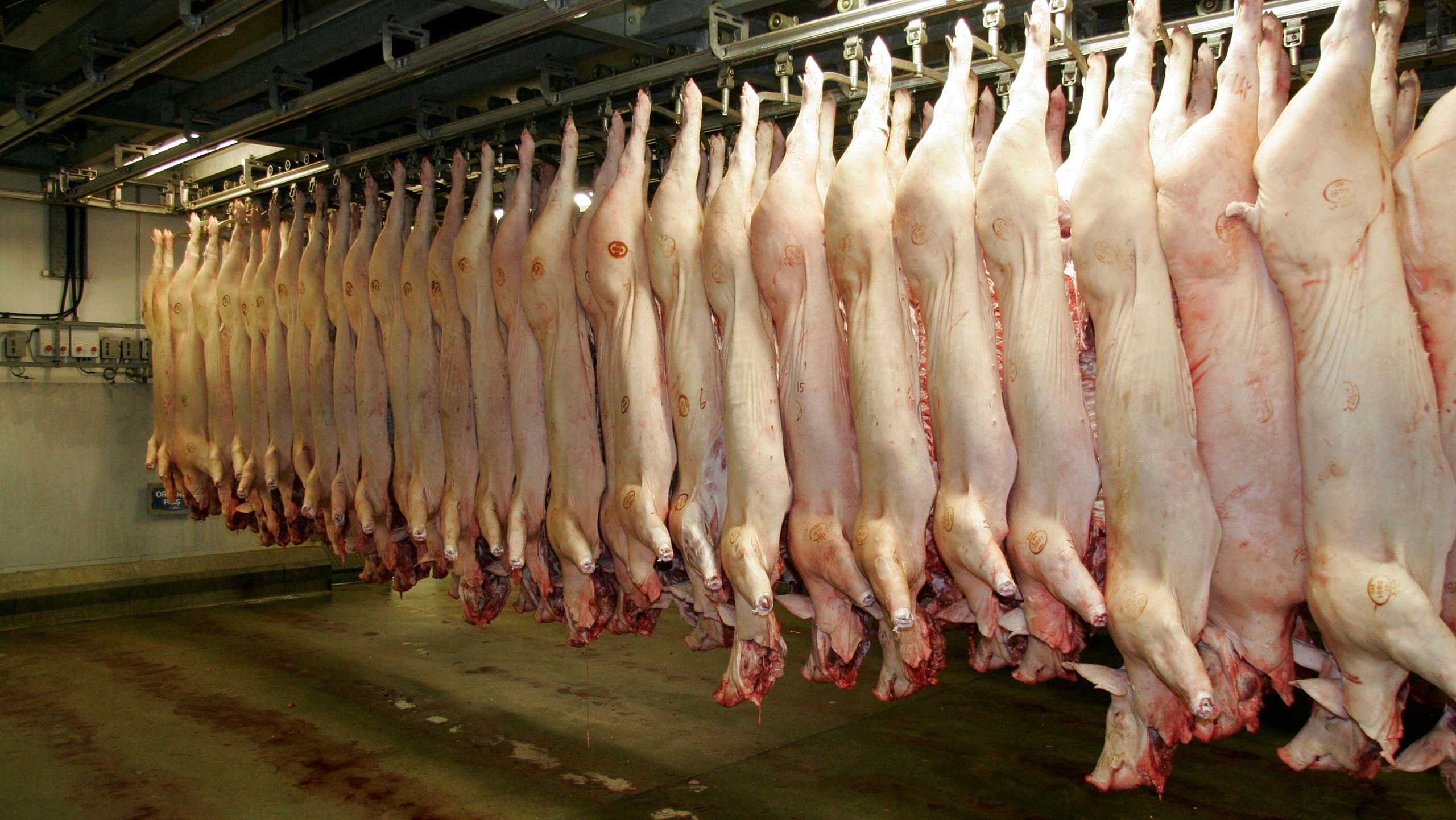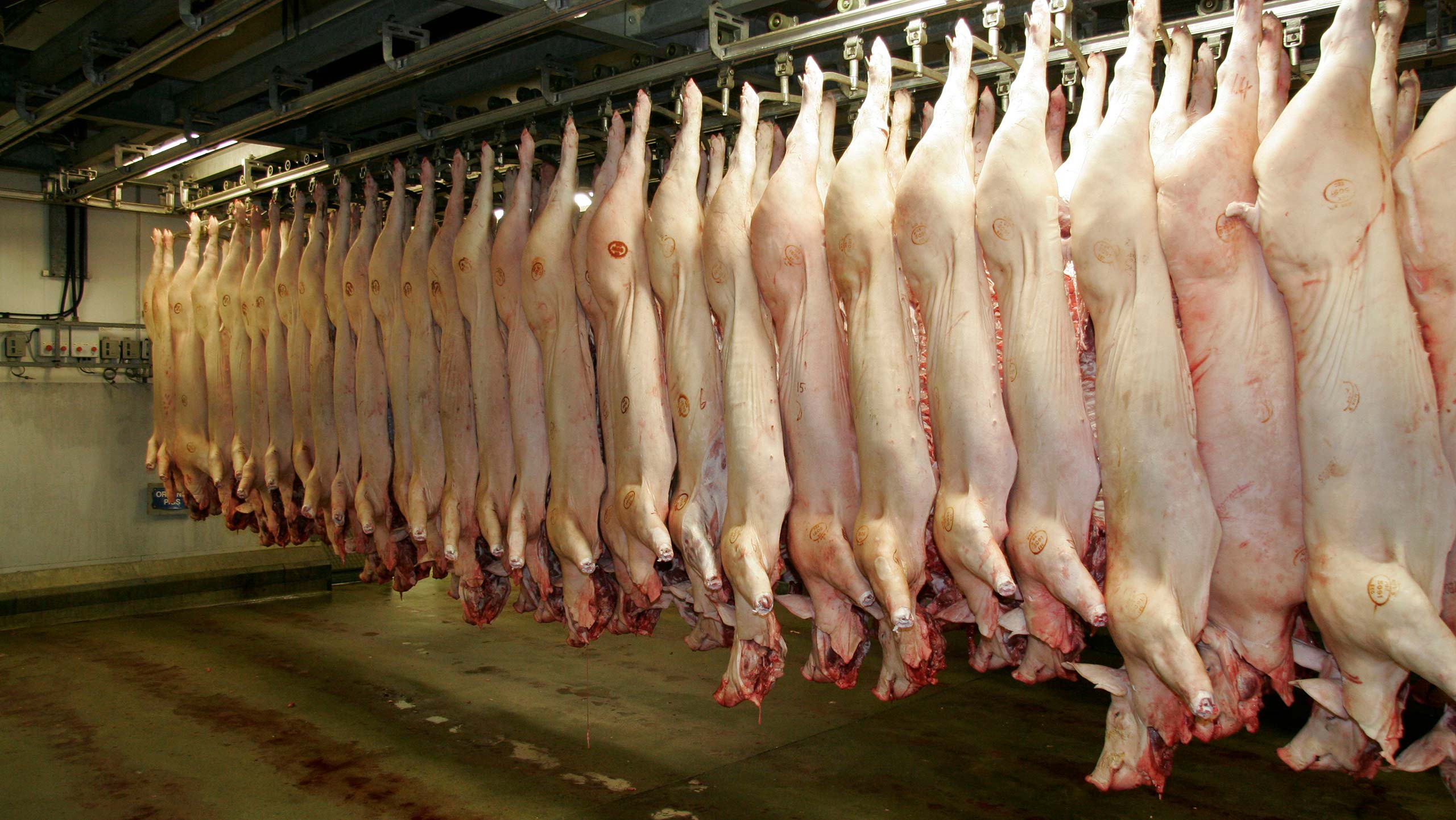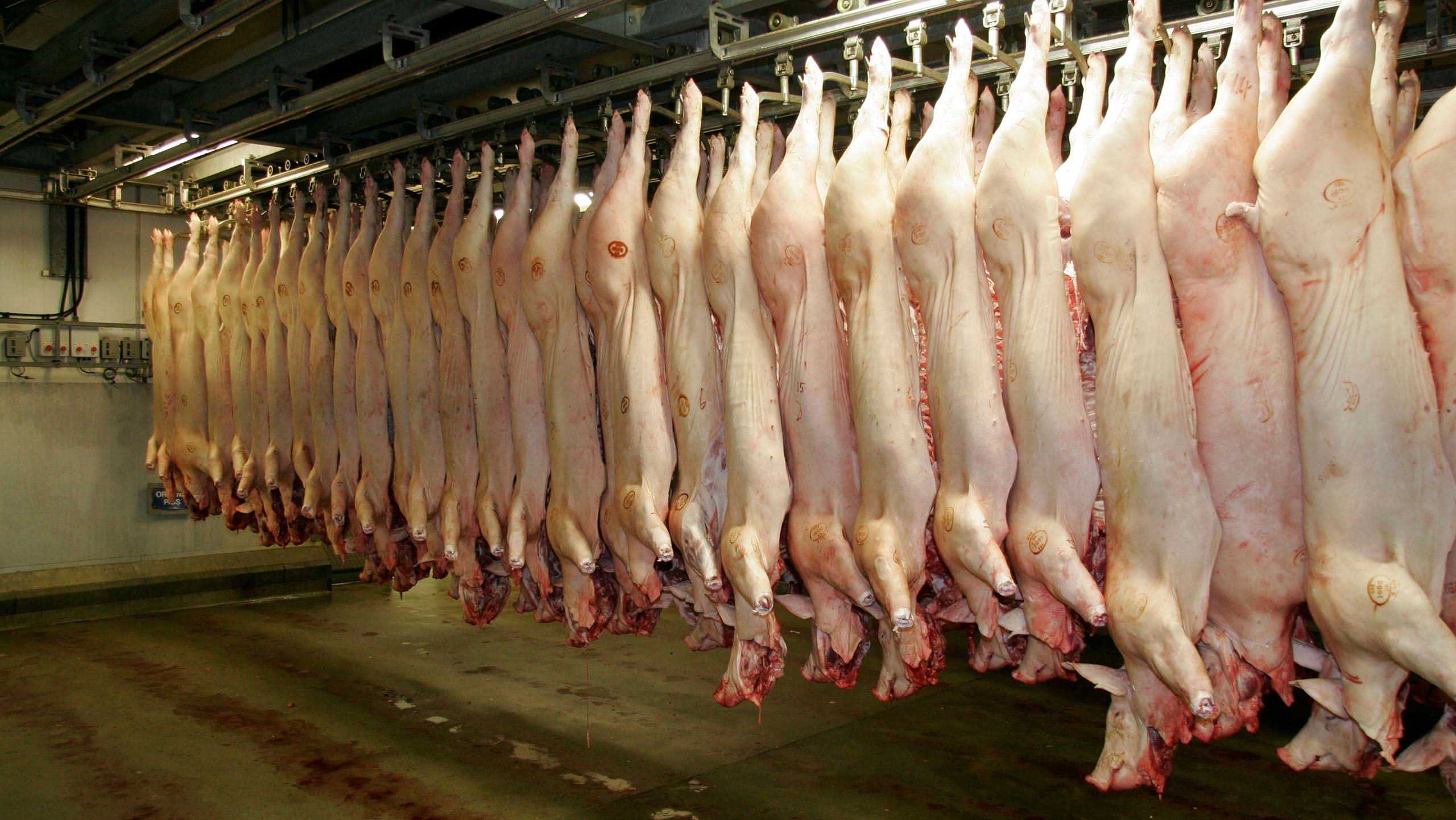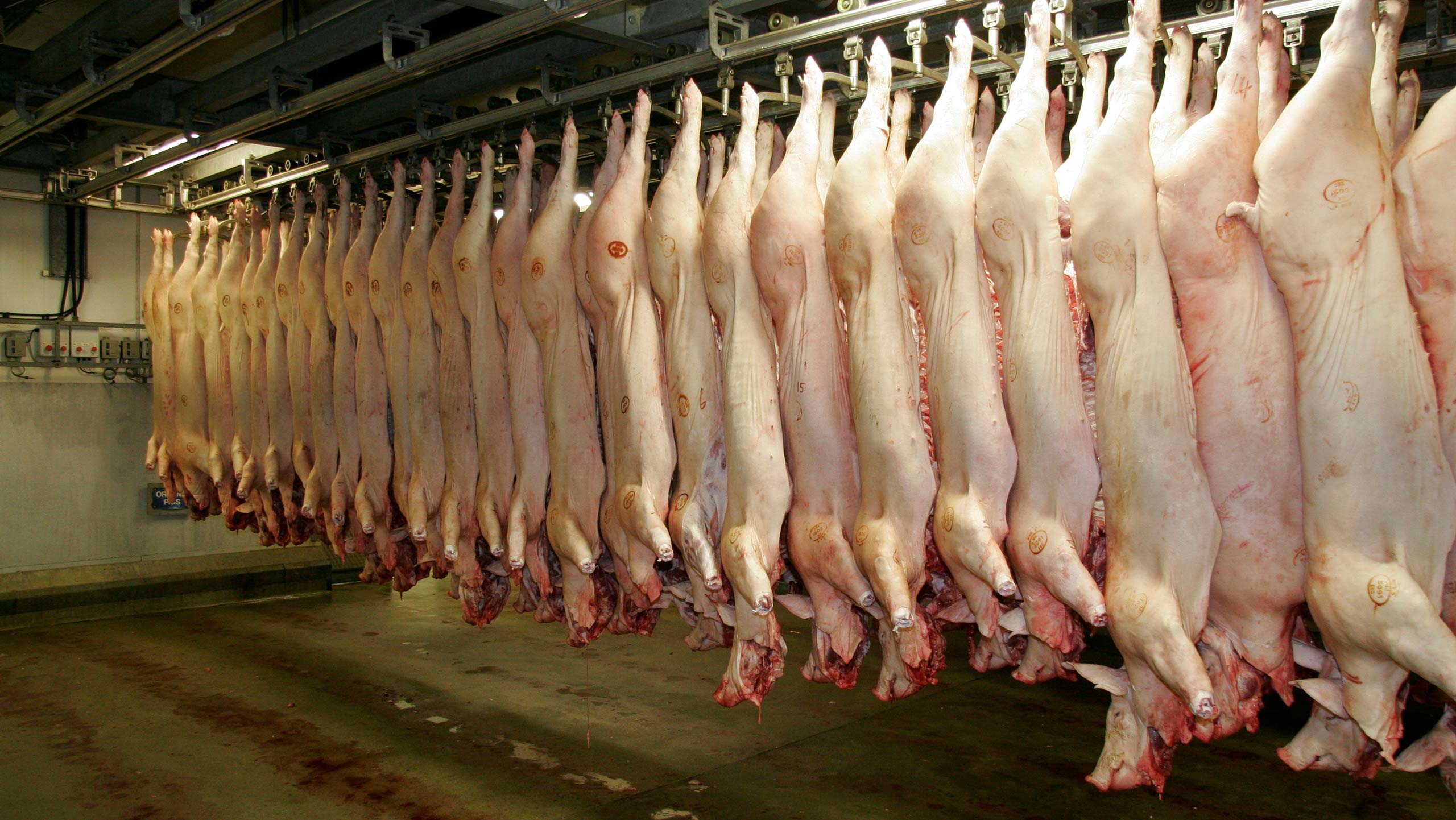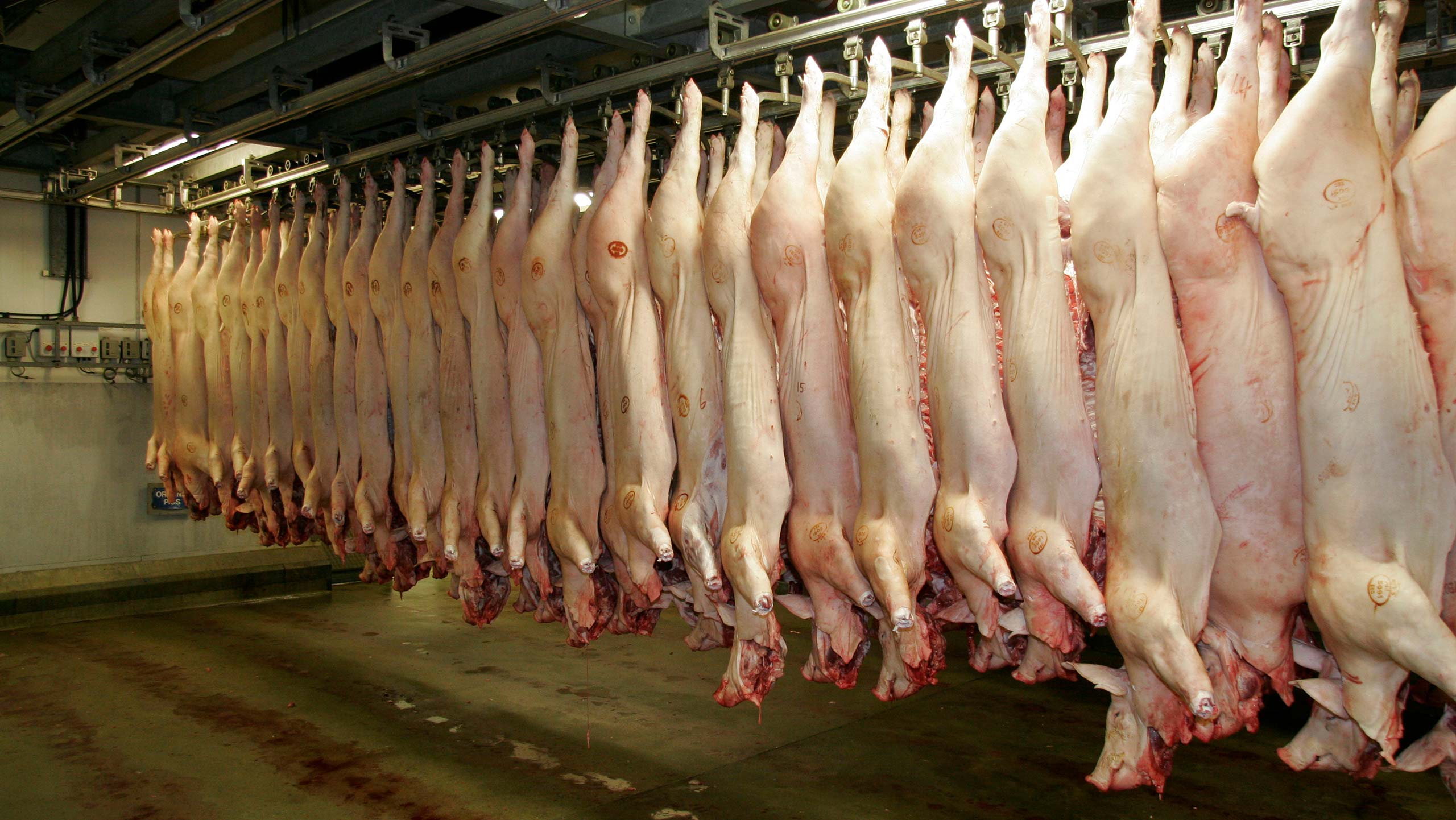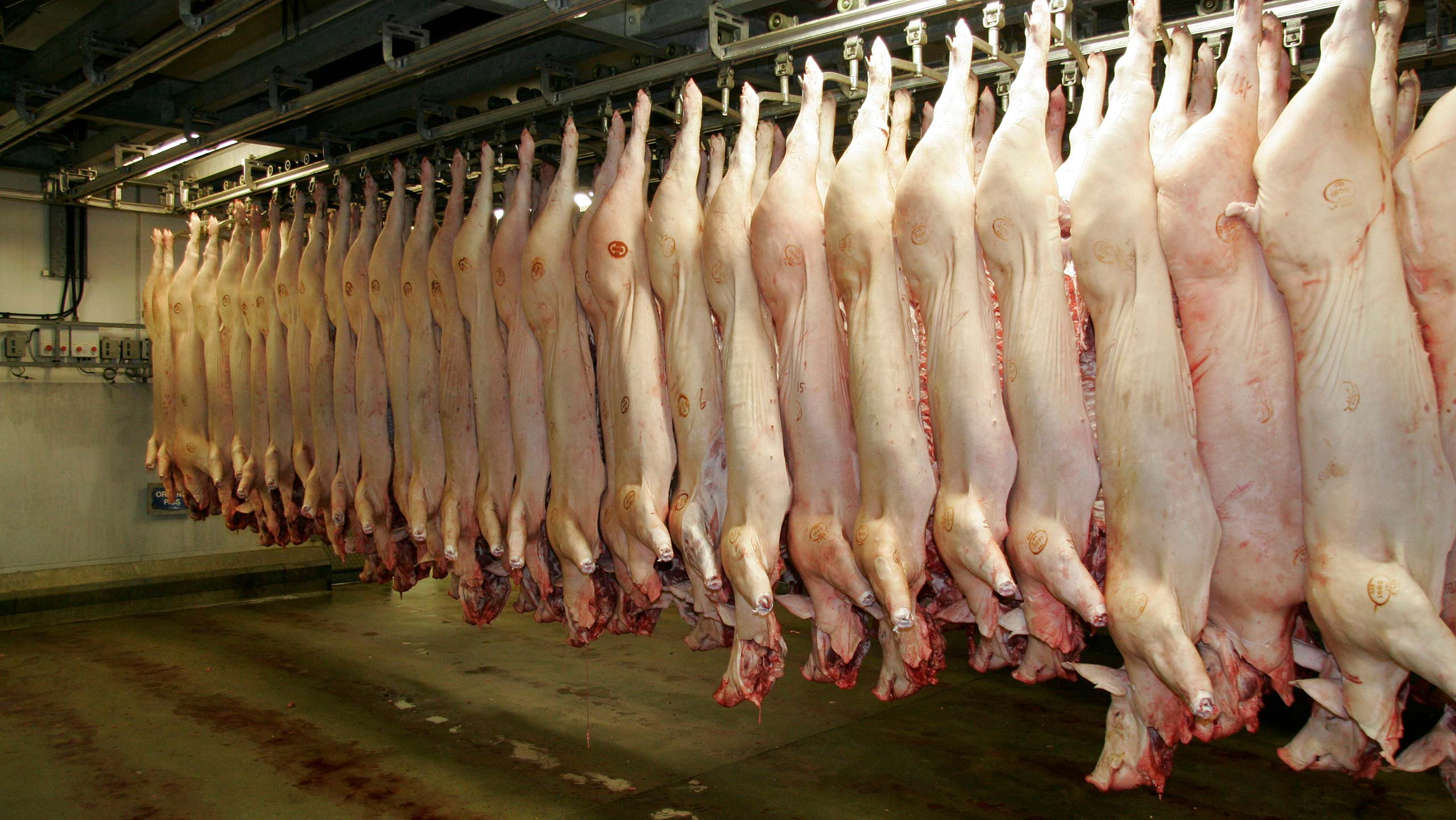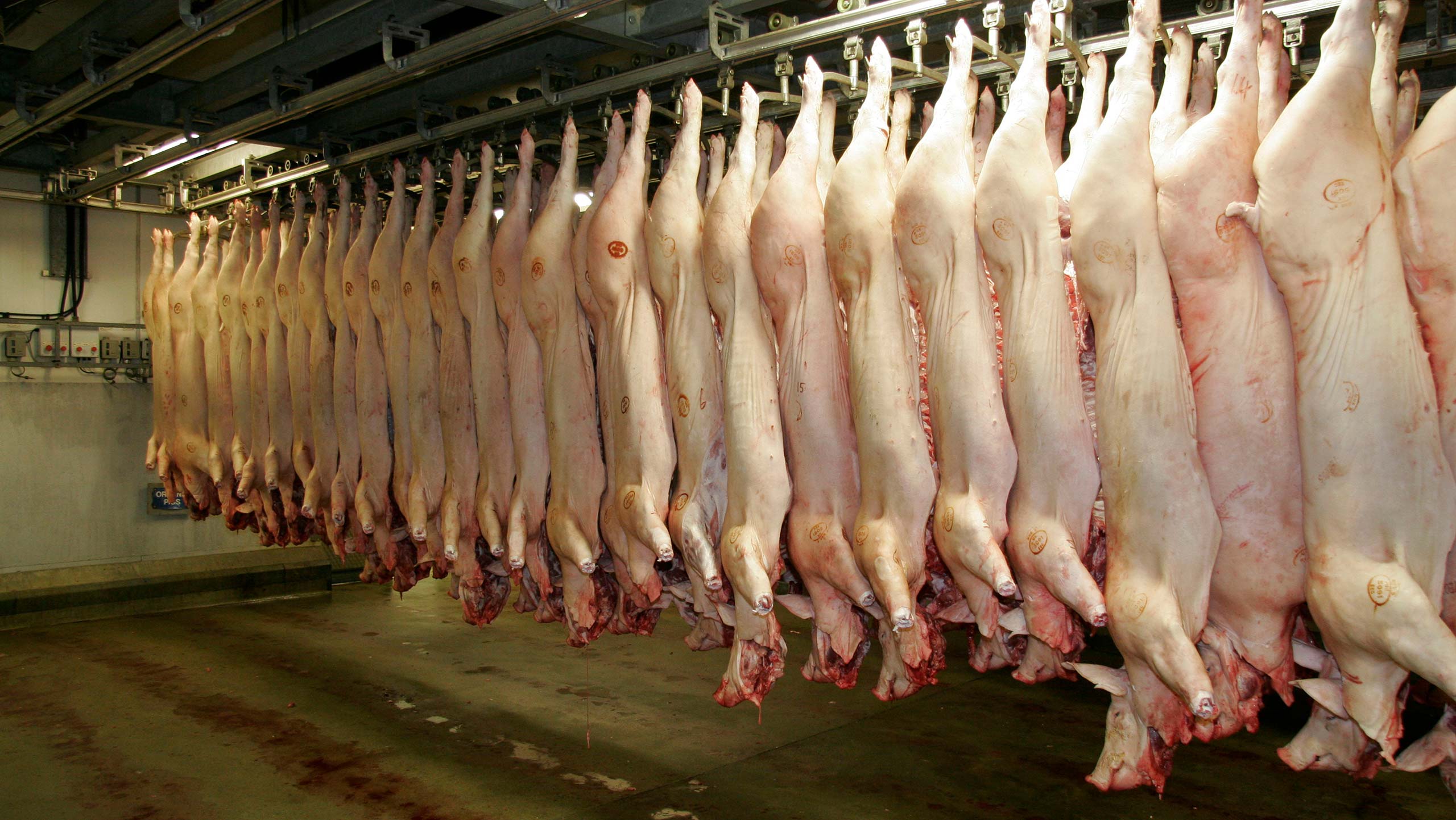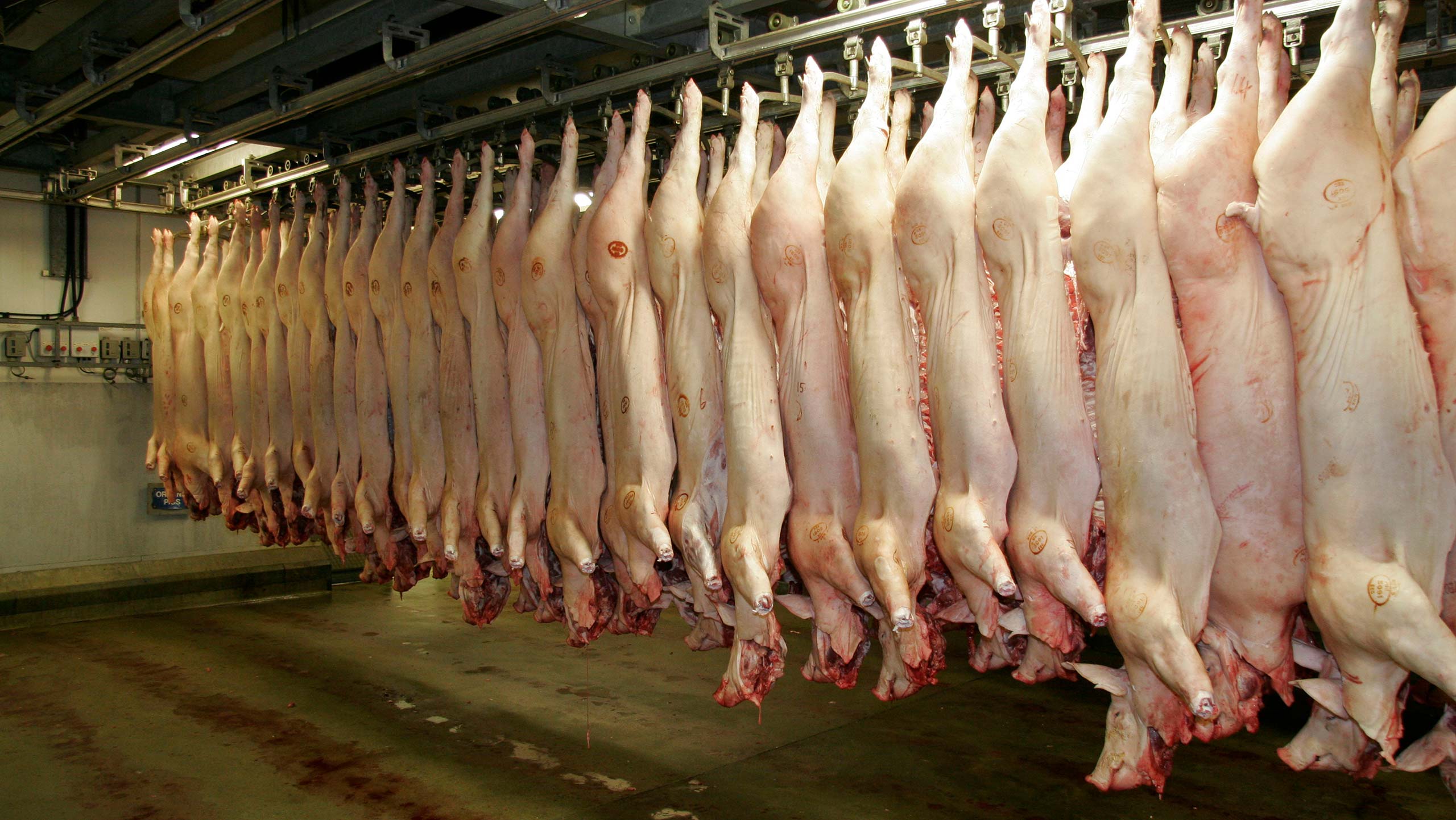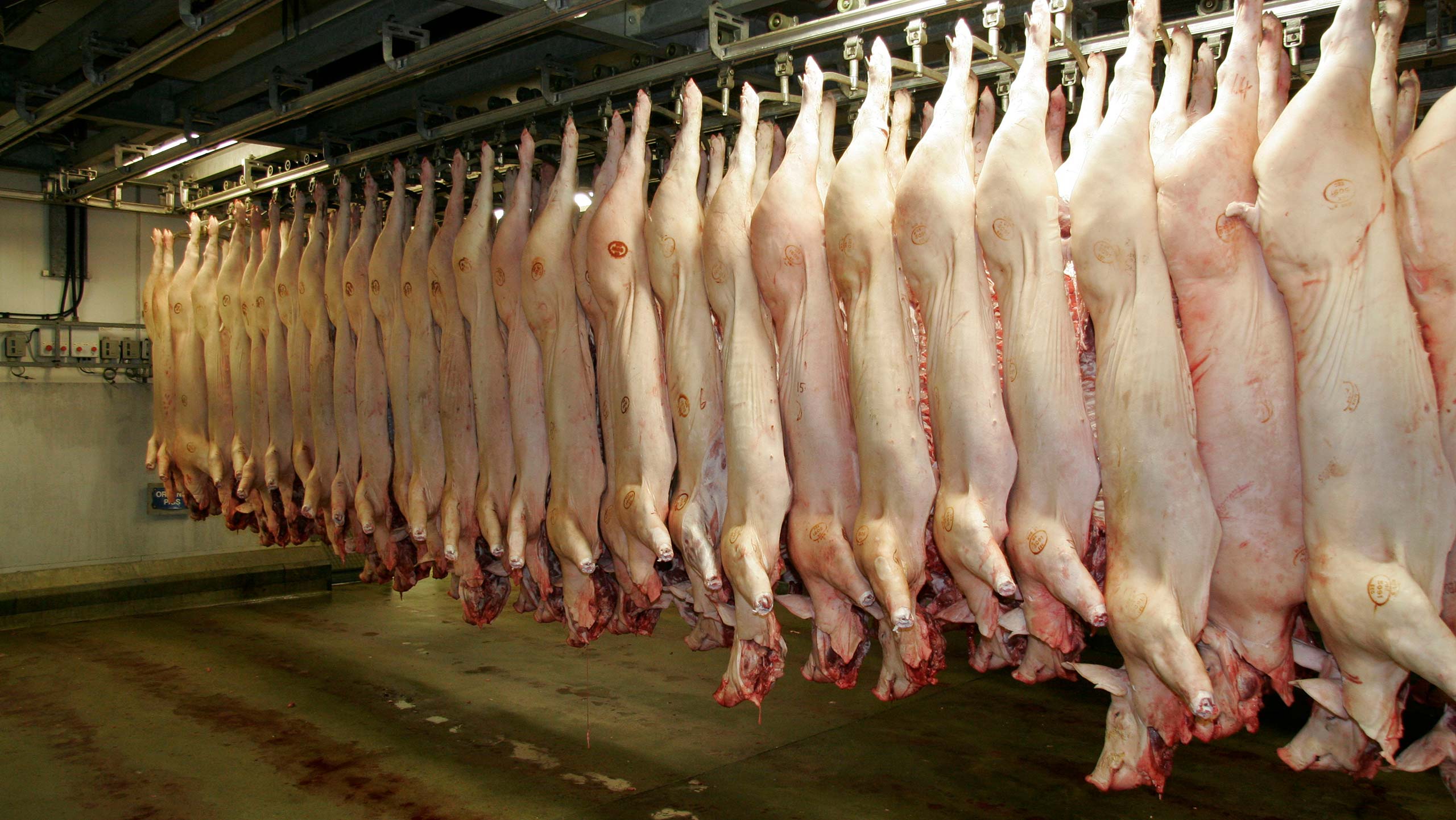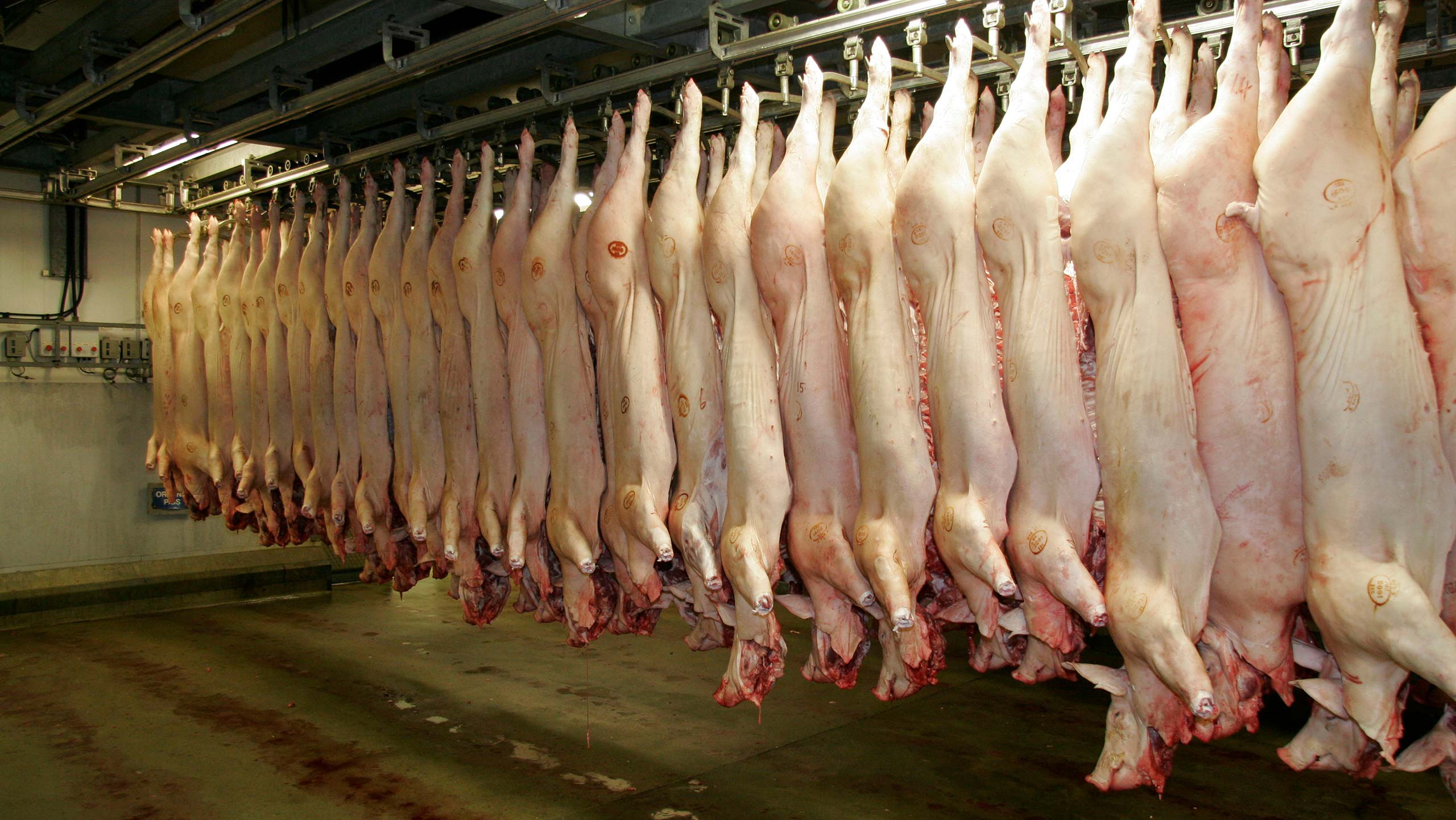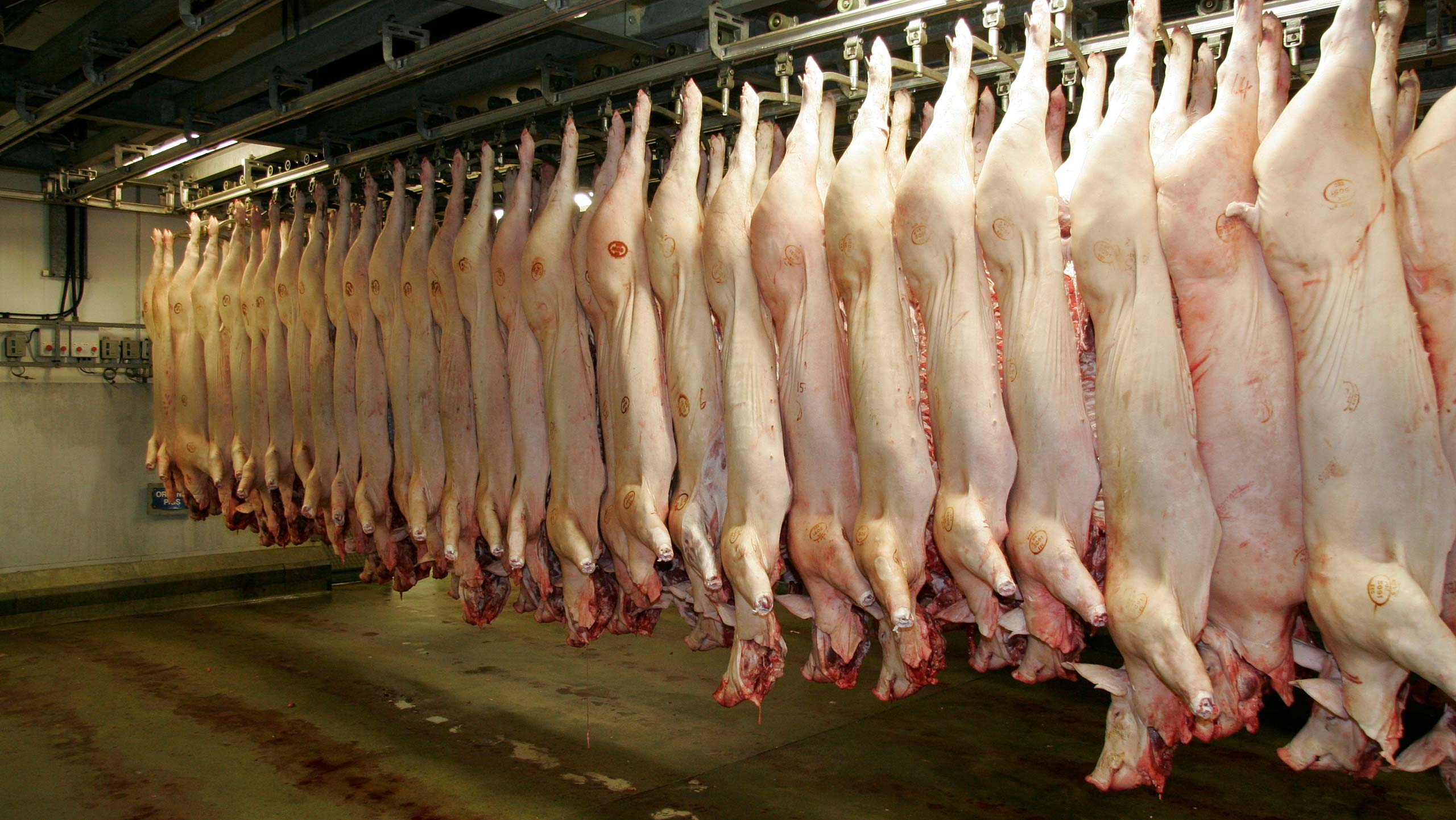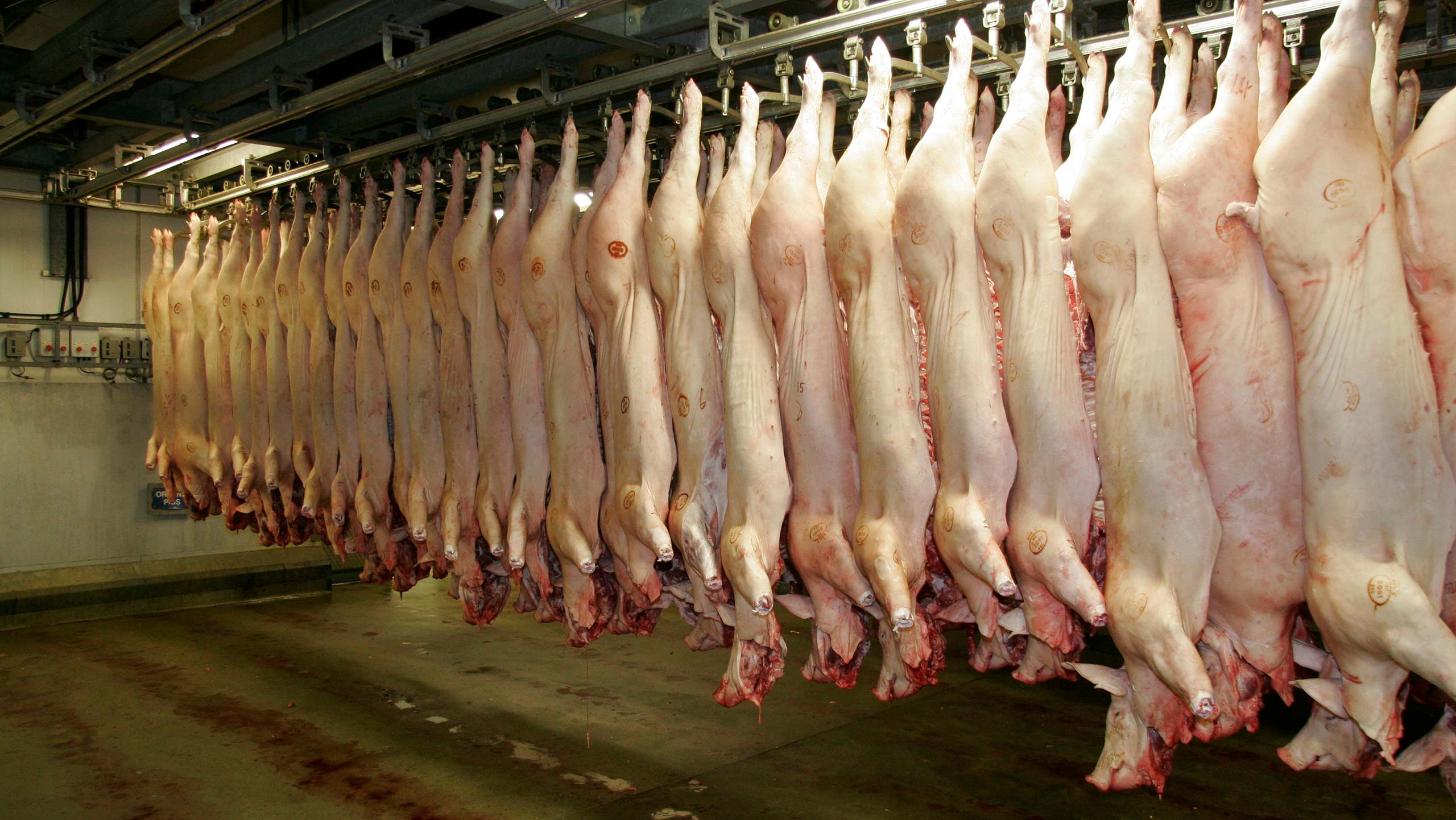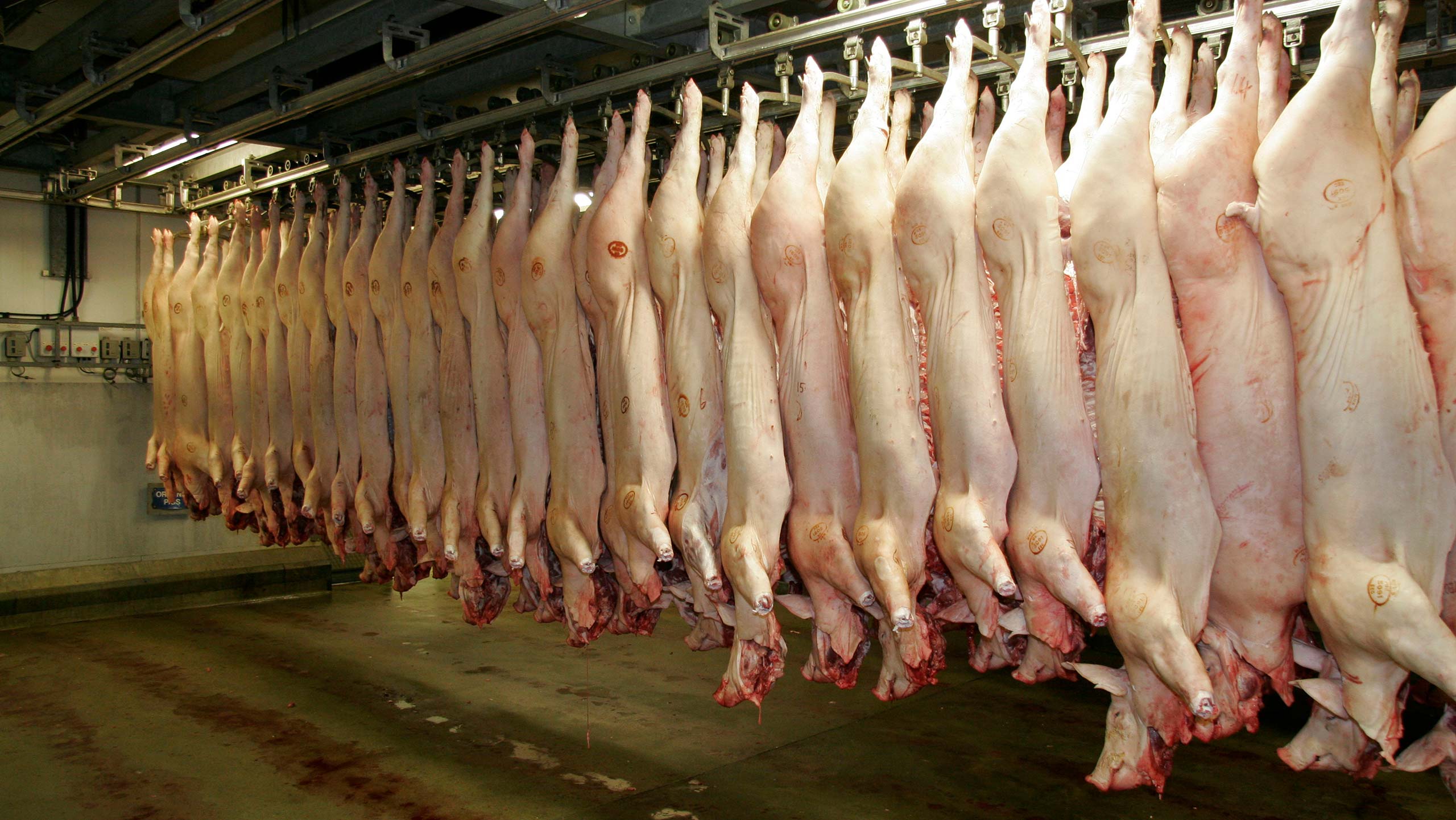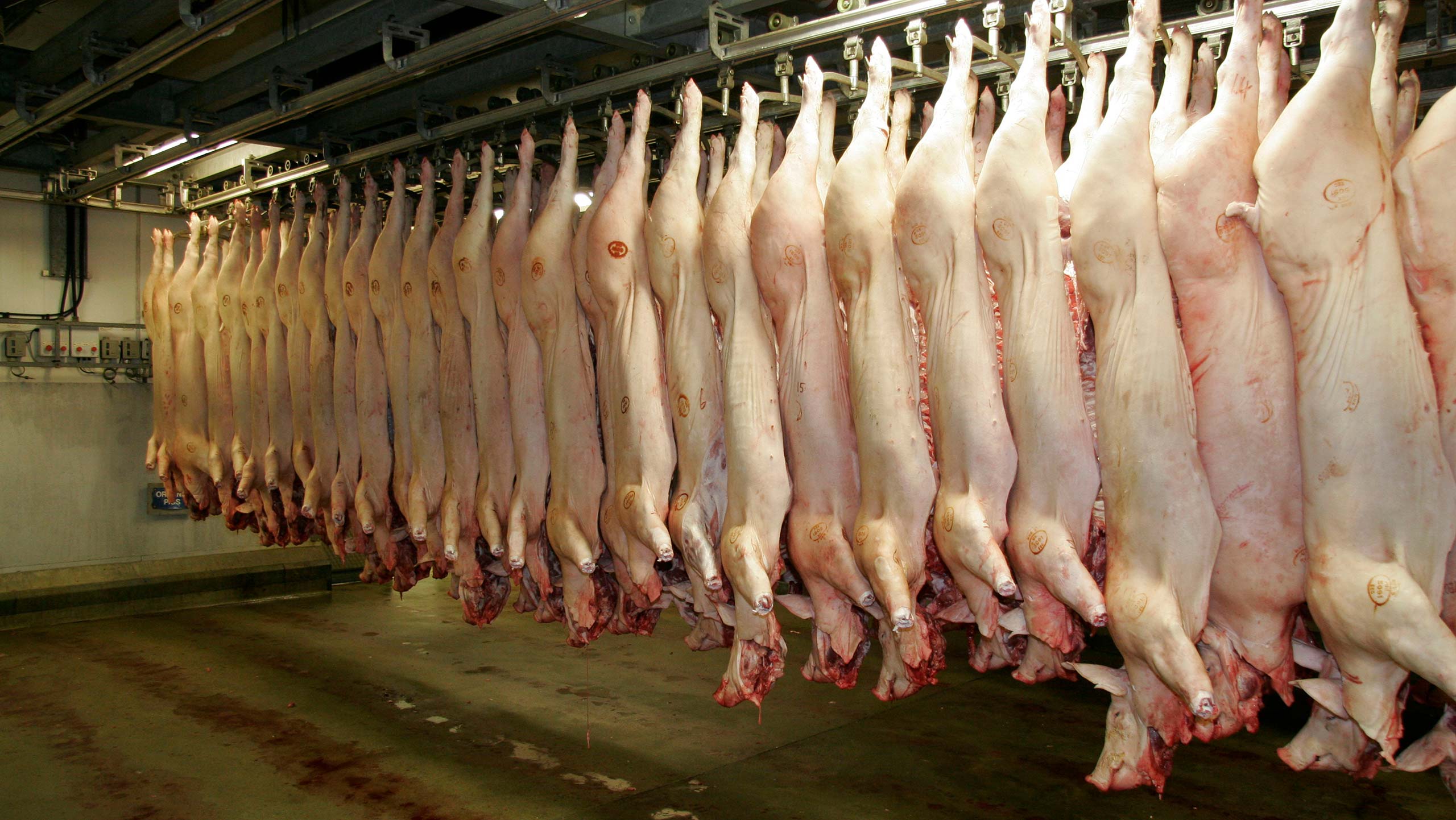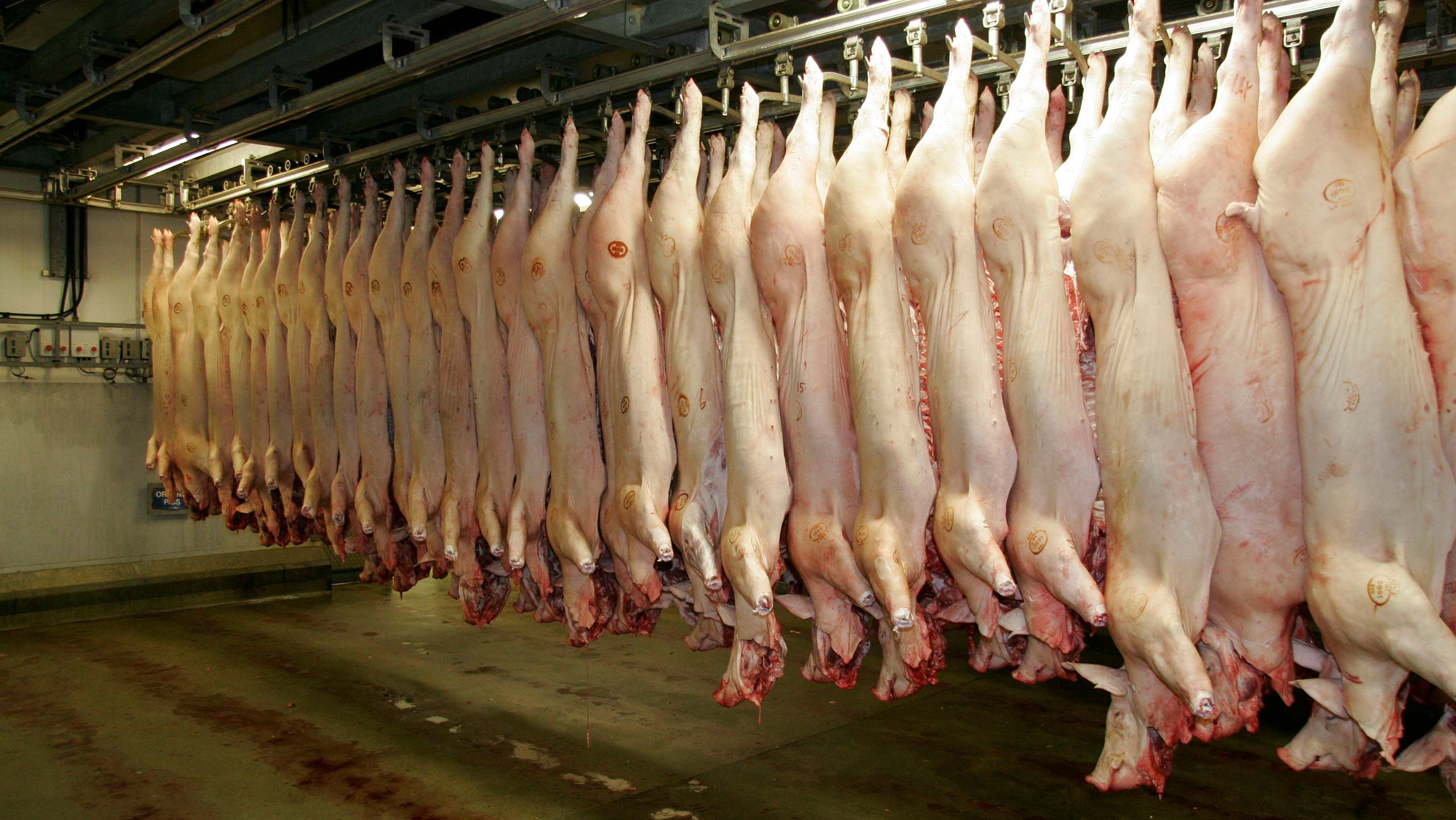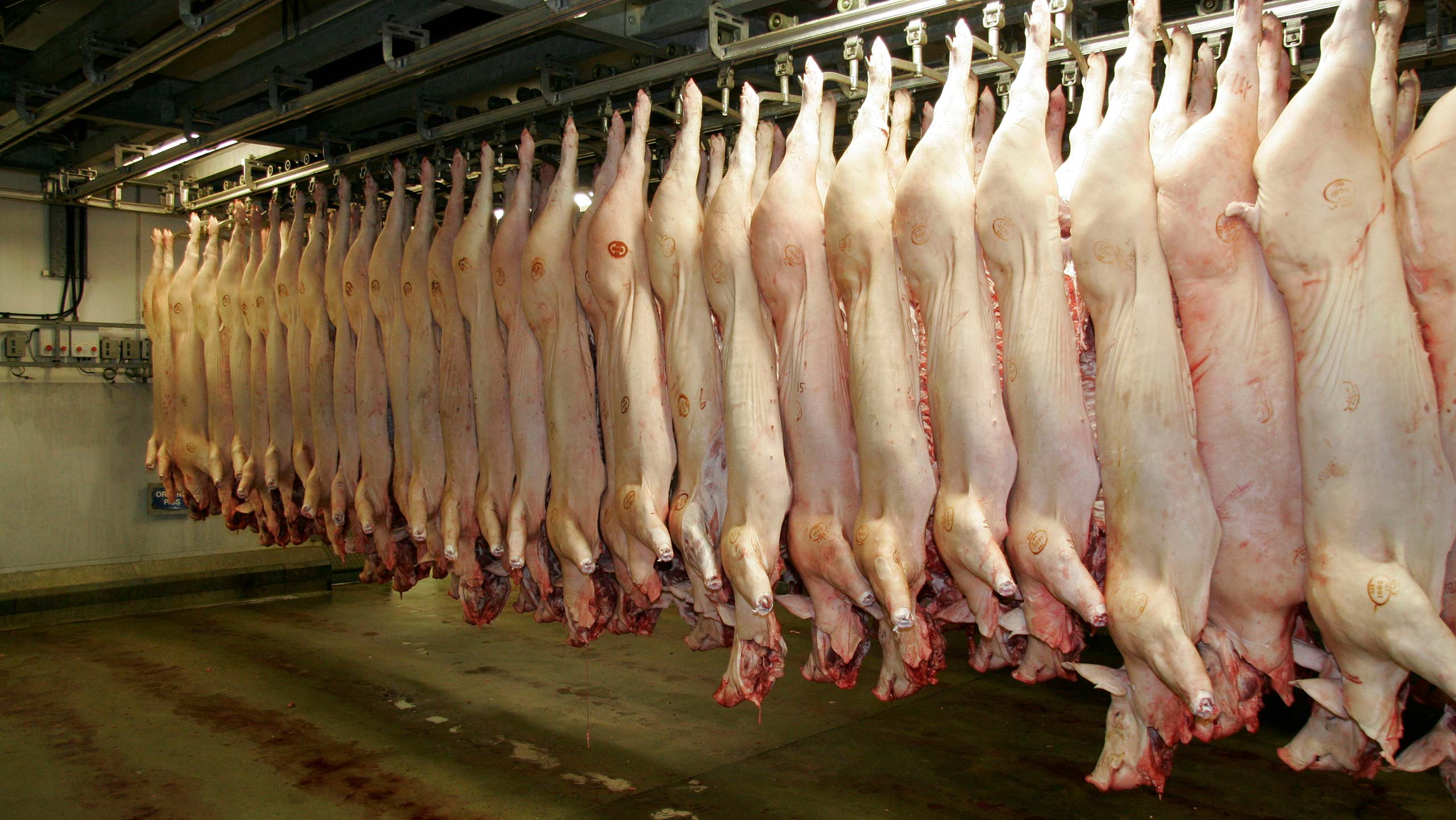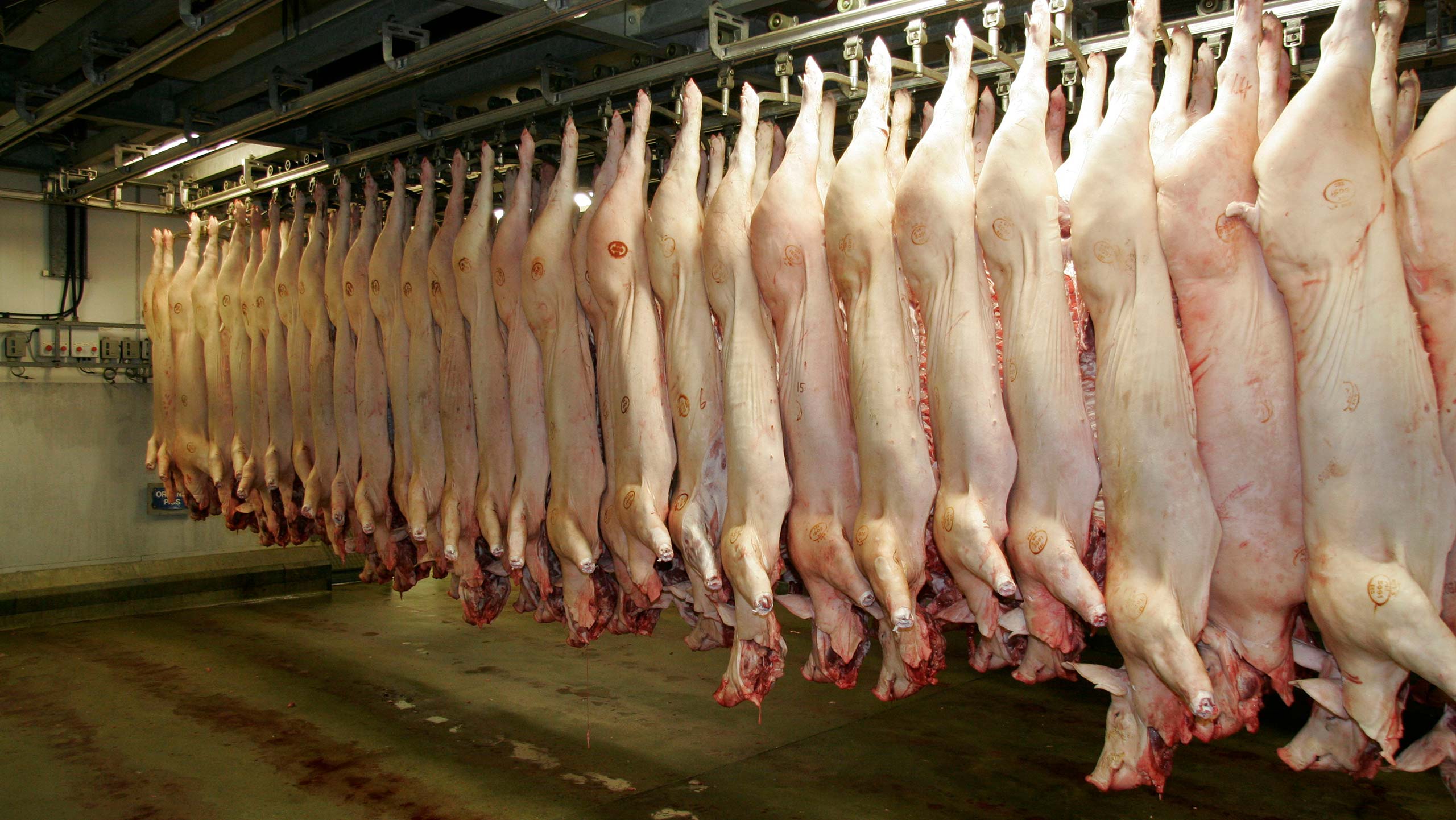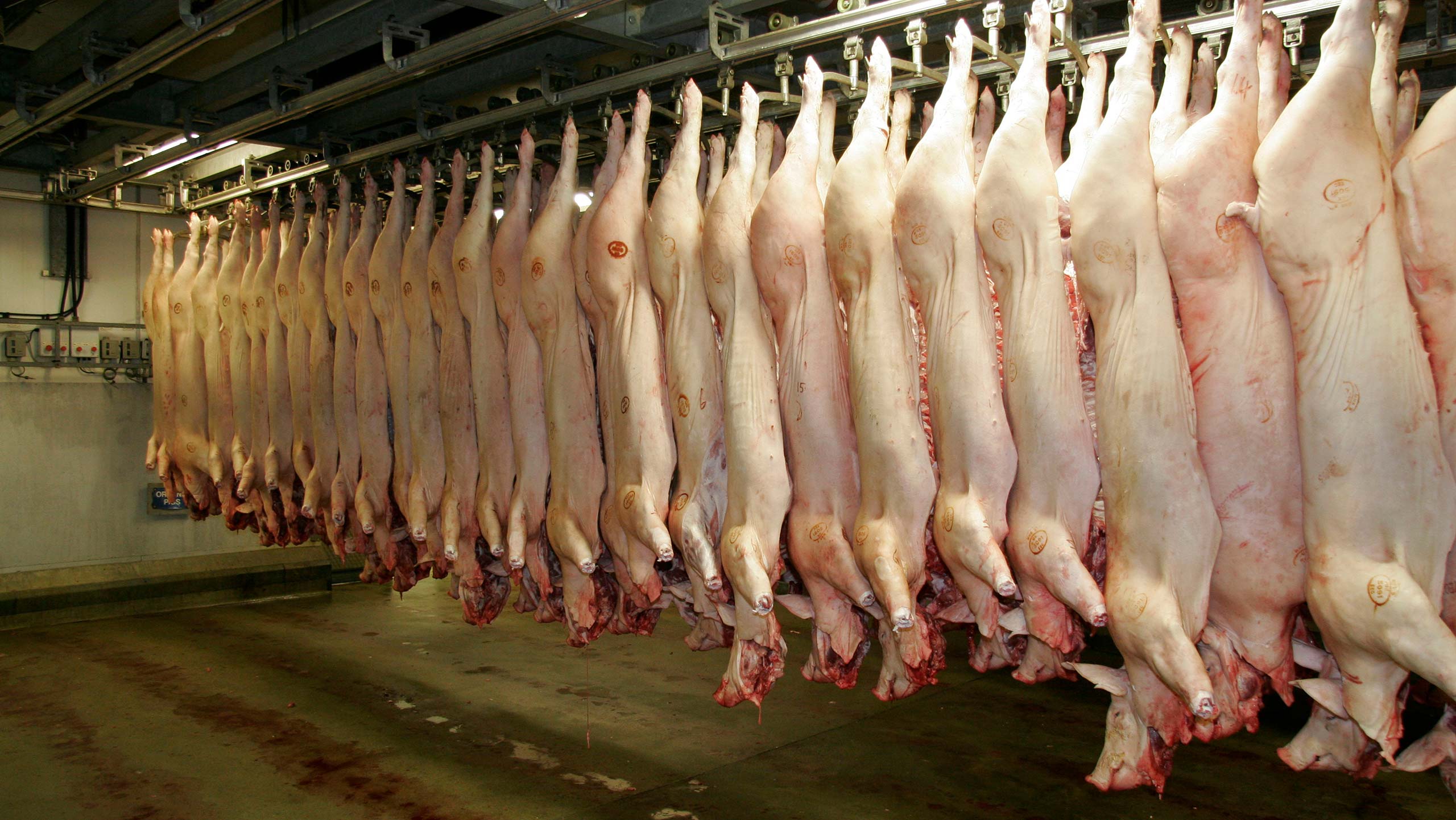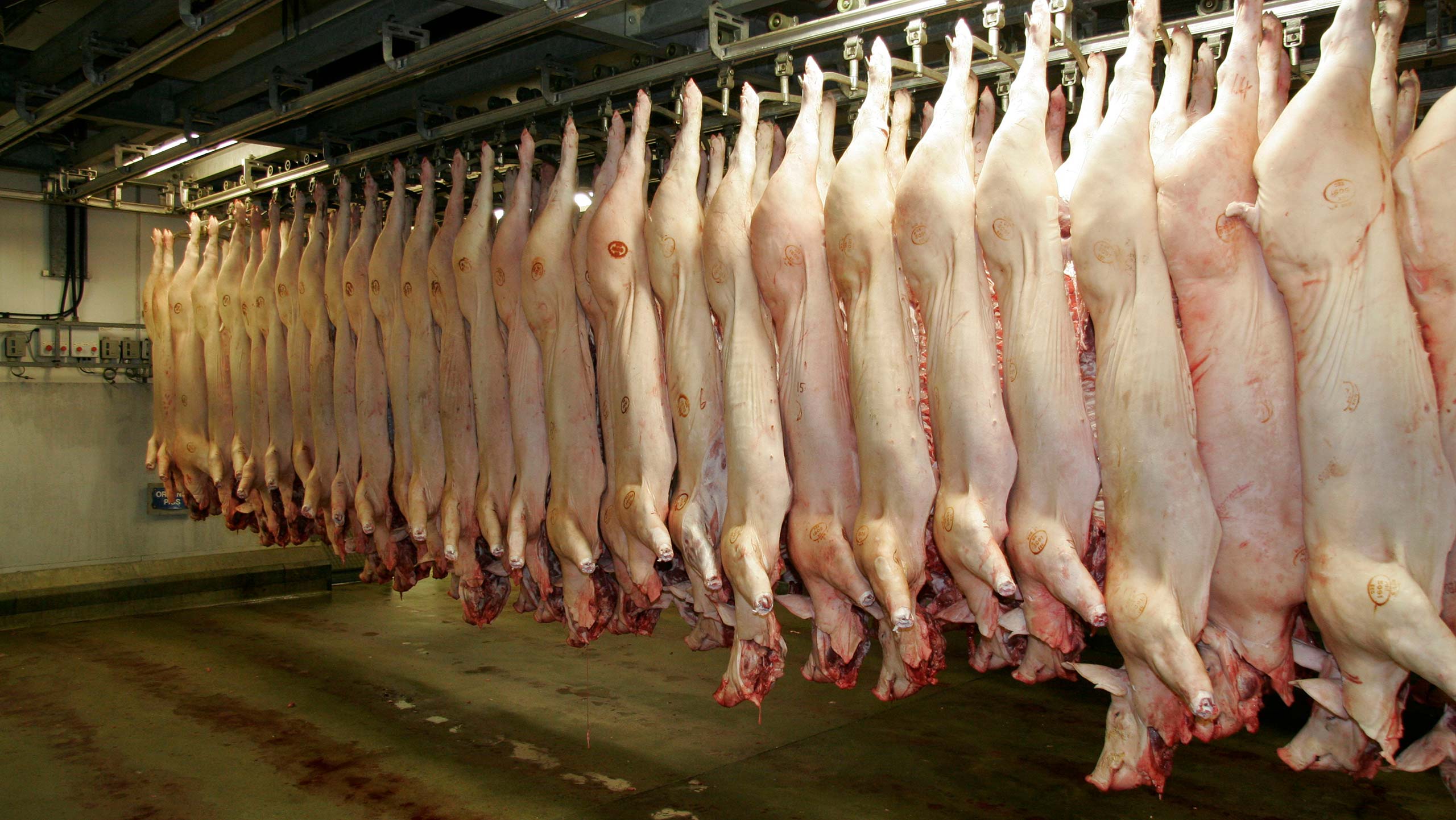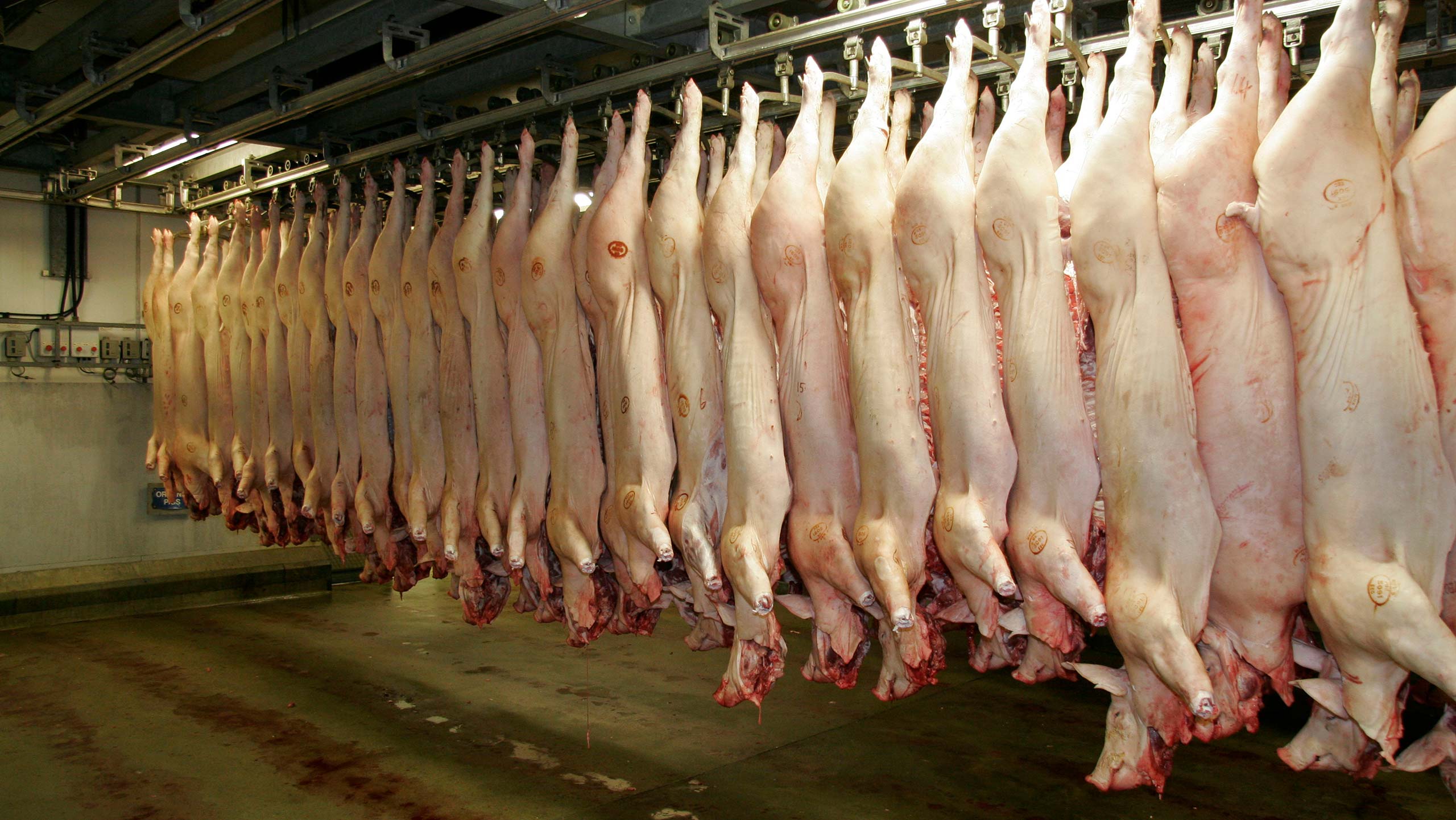When operating an abattoir, maintaining precise temperature control throughout your cold storage facilities isn't just about f…
Large Commercial Abattoir Insurance: Complete Protection for Industrial Meat Processing Operations
Large commercial abattoirs face unique and complex risks that require specialized insurance coverage. From food safety compliance to industrial equipment failures, these facilities need comprehensive protection to safeguard their operations, employees, and reputation. This guide explores the essential insurance requirements for large-scale meat processing facilities.
Understanding Large Commercial Abattoir Operations
Large commercial abattoirs process thousands of animals daily, supplying meat to supermarket chains, wholesale distributors, and food manufacturers across the UK. These facilities operate under strict regulatory oversight from the Food Standards Agency (FSA) and must maintain the highest standards of hygiene, animal welfare, and food safety.
Unlike smaller local abattoirs, large commercial facilities typically feature:
- High-volume processing lines
- Automated slaughter and processing equipment
- Cold storage and refrigeration systems
- On-site waste treatment facilities
- Laboratory testing capabilities
- Multiple shift operations
- Extensive distribution networks
Key Insurance Requirements for Large Commercial Abattoirs
Public Liability Insurance
Large abattoirs must carry substantial public liability coverage, typically starting at £5 million. This protects against claims from visitors, delivery drivers, contractors, and members of the public who may be injured on the premises. Given the industrial nature of abattoir operations, higher coverage limits are often recommended.
Employers Liability Insurance
With hundreds of employees working with dangerous machinery, sharp tools, and in challenging conditions, employers liability insurance is crucial. Coverage should account for the higher risk environment, including potential claims related to repetitive strain injuries, cuts, and exposure to chemicals or biological hazards.
Product Liability Insurance
This is perhaps the most critical coverage for large abattoirs. Product liability insurance protects against claims arising from contaminated meat products, foodborne illnesses, or foreign objects in processed meat. Coverage should extend to recall costs, which can run into millions for large-scale operations.
Professional Indemnity Insurance
Large abattoirs often provide advice on meat specifications, storage requirements, and food safety practices to their customers. Professional indemnity insurance covers claims arising from incorrect advice or professional negligence in these areas.
Commercial Property Insurance
Abattoir facilities represent significant capital investments. Property insurance should cover:
- Buildings and structures
- Specialized processing equipment
- Refrigeration systems
- Laboratory equipment
- Stock and raw materials
- Finished products in storage
Business Interruption Insurance
A shutdown at a large commercial abattoir can cost hundreds of thousands of pounds per day in lost revenue. Business interruption insurance covers lost profits, ongoing expenses, and additional costs incurred during forced closures due to:
- Equipment breakdowns
- Fire or flood damage
- Contamination incidents
- Regulatory shutdowns
- Supply chain disruptions
Cyber Insurance
Modern abattoirs rely heavily on computerized systems for inventory management, traceability, temperature monitoring, and customer orders. Cyber insurance protects against data breaches, system failures, and ransomware attacks that could disrupt operations.
Environmental Liability Insurance
Large abattoirs generate significant waste and must comply with strict environmental regulations. Environmental liability insurance covers cleanup costs and third-party claims related to pollution incidents, including groundwater contamination or air quality issues.
Specific Risks Facing Large Commercial Abattoirs
Food Safety and Contamination
Large-scale operations face heightened risks of widespread contamination due to the volume of products processed. A single contamination incident can affect thousands of products across multiple retail chains, leading to massive recall costs and liability claims.
Equipment Breakdown
Specialized processing equipment, refrigeration systems, and conveyor lines are critical to operations. Equipment failures can halt production, spoil inventory, and require expensive emergency repairs or replacements.
Regulatory Compliance
Abattoirs must comply with numerous regulations covering animal welfare, food safety, environmental protection, and worker safety. Non-compliance can result in prosecution, fines, and forced closures.
Supply Chain Disruption
Large abattoirs depend on consistent supplies of livestock and face risks from disease outbreaks, transport strikes, or supplier failures that can disrupt operations.
Reputation Management
Media attention on food safety incidents or animal welfare concerns can severely damage an abattoir's reputation, affecting customer relationships and market share.
Worker Safety
The industrial environment presents numerous hazards including moving machinery, sharp tools, wet floors, and chemical exposure. Accident rates in meat processing are typically higher than other industries.
Choosing the Right Insurance Provider
When selecting insurance for a large commercial abattoir, consider providers who:
- Specialize in food industry risks
- Understand regulatory requirements
- Offer comprehensive coverage options
- Provide risk management support
- Have experience with large-scale operations
- Offer competitive pricing for high-volume businesses
Risk Management Best Practices
HACCP Implementation
Maintain robust Hazard Analysis and Critical Control Points (HACCP) systems to identify and control food safety risks throughout the production process.
Regular Equipment Maintenance
Implement preventive maintenance programs for all critical equipment, including refrigeration systems, processing machinery, and safety equipment.
Staff Training
Provide comprehensive training on food safety, equipment operation, and emergency procedures. Regular refresher training helps maintain high standards.
Traceability Systems
Maintain detailed records of livestock sources, processing dates, and distribution channels to enable rapid response to contamination incidents.
Emergency Response Planning
Develop and regularly test emergency response procedures for various scenarios including equipment failures, contamination incidents, and natural disasters.
The Claims Process
In the event of a claim, large abattoirs should:
- Notify insurers immediately
- Preserve evidence and documentation
- Cooperate fully with investigations
- Implement containment measures
- Maintain detailed records of all costs and impacts
Cost Considerations
Insurance costs for large commercial abattoirs vary based on:
- Annual turnover and production volume
- Types of animals processed
- Export markets served
- Claims history
- Risk management measures in place
- Coverage limits selected
Typical annual premiums can range from £50,000 to £500,000 or more, depending on the size and complexity of operations.
Regulatory Compliance and Insurance
Large abattoirs must comply with:
- Food Safety Act 1990
- Animal Welfare Act 2006
- Health and Safety at Work Act 1974
- Environmental Protection Act 1990
- Various EU retained regulations post-Brexit
Insurance policies should align with regulatory requirements and provide coverage for compliance-related costs and penalties where legally permitted.
Future Considerations
The meat processing industry faces evolving challenges including:
- Increasing automation and robotics
- Enhanced traceability requirements
- Climate change impacts on livestock supply
- Changing consumer preferences
- Post-Brexit trade arrangements
- Emerging food safety threats
Insurance coverage should evolve to address these changing risks and maintain comprehensive protection for large commercial abattoir operations.
Conclusion
Large commercial abattoirs require sophisticated insurance programs that address the unique risks of industrial-scale meat processing. From product liability and business interruption to cyber security and environmental protection, comprehensive coverage is essential for protecting these complex operations. Working with specialized insurance providers who understand the food industry ensures that coverage meets both current needs and future challenges.
For expert advice on large commercial abattoir insurance, contact our specialist team who can assess your specific risks and recommend appropriate coverage levels to protect your operation.


 0330 127 2333
0330 127 2333
